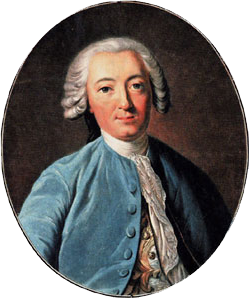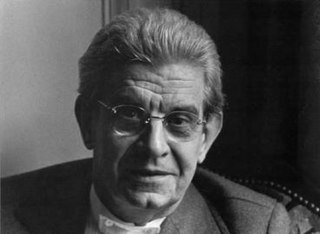A Quote by Claude Adrien Helvetius
The men of sense, the idols of the shallow, are very inferior to the men of passions. It is the strong passions which, rescuing us from sloth, impart to us that continuous and earnest attention necessary to great intellectual efforts.
Related Quotes
Men are admitted into heaven not because they have curbed and governed their passions or have no passions, but because they have cultivated their understandings. The treasures of heaven are not negations of passion, but realities of intellect, from which all the passions emanate uncurbed in their eternal glory.
Thus, experience has ever shown, that education, as well as religion, aristocracy, as well as democracy and monarchy, are, singly, totally inadequate to the business of restraining the passions of men, of preserving a steady government, and protecting the lives, liberties, and properties of the people . . . . Religion, superstition, oaths, education, laws, all give way before passions, interest, and power, which can be resisted only by passions, interest, and power.
One may disavow and disclaim vices that surprise us and whereto our passions transport us. But those which by long habit are rooted in a strong and anchored in a powerful will are not subject to contradiction. Repentance is but a denying of our will, and an opposition of our fantasies, which diverts us here and there.
It is one thing to be delivered from bad thoughts, and another to be freed from the passions. Often people are delivered from thoughts, when they do not have before their eyes those things which produce passion. But the passions for them remain hidden in the soul, and when the things appear again the passions are revealed. Therefore it is necessary to guard the mind when these things appear, and to know toward which things you have a passion.







































